Introduction
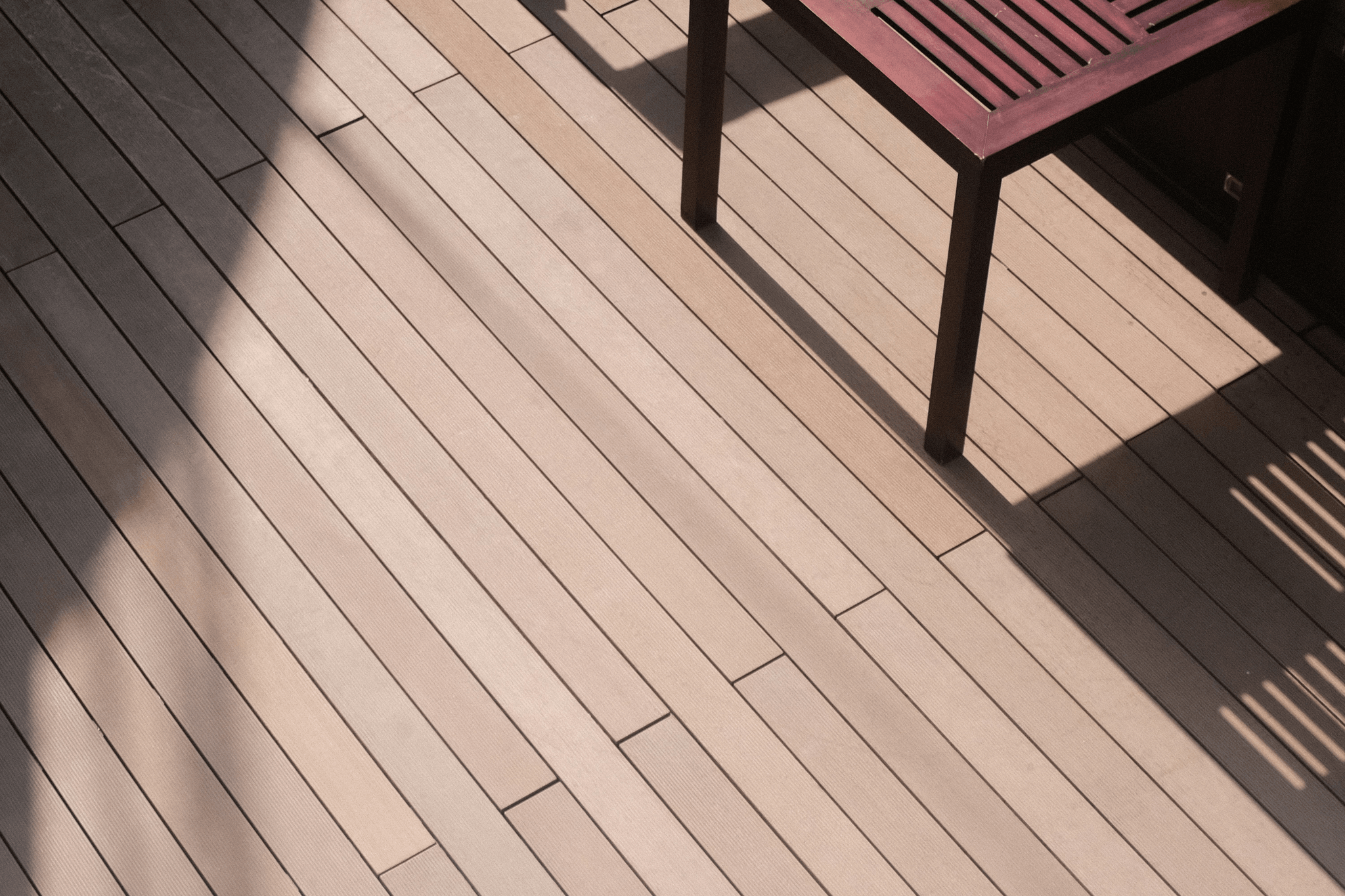
When it comes to enhancing your outdoor space, understanding the cost of decking is crucial. With a plethora of options available, from traditional wood to modern composite materials, making the right choice can significantly impact both your budget and enjoyment. In this guide, we'll explore various decking options, evaluate their financial implications, and discuss factors influencing decking costs.
Understanding Decking Options
Decking has evolved over the years, offering homeowners a variety of choices that cater to different aesthetics and budgets. Among these options, composite decking has gained popularity due to its durability and low maintenance requirements. However, it’s essential to weigh the cost of composite deck boards against other materials like wood or PVC to find the best fit for your project.
Evaluating Your Budget for Decking
Before diving headfirst into your decking project, it's vital to establish a clear budget that encompasses all potential expenses. The cost of decking can vary dramatically based on material choice; thus, understanding how each option fits into your overall financial plan will save you from unexpected surprises later on. Whether you're considering composite wood decking price or traditional lumber costs, having a solid budget in place will help streamline your decision-making process.
Factors Influencing Decking Costs
Several factors come into play when determining the overall cost of composite deck boards or any other type of decking material. These include the quality and brand of materials selected as well as regional pricing variations that may affect installation costs significantly. Additionally, hidden expenses such as permits or preparation fees can creep in if you're not careful—making it essential to do thorough research before committing to any specific solution.
What is the Cost of Decking?
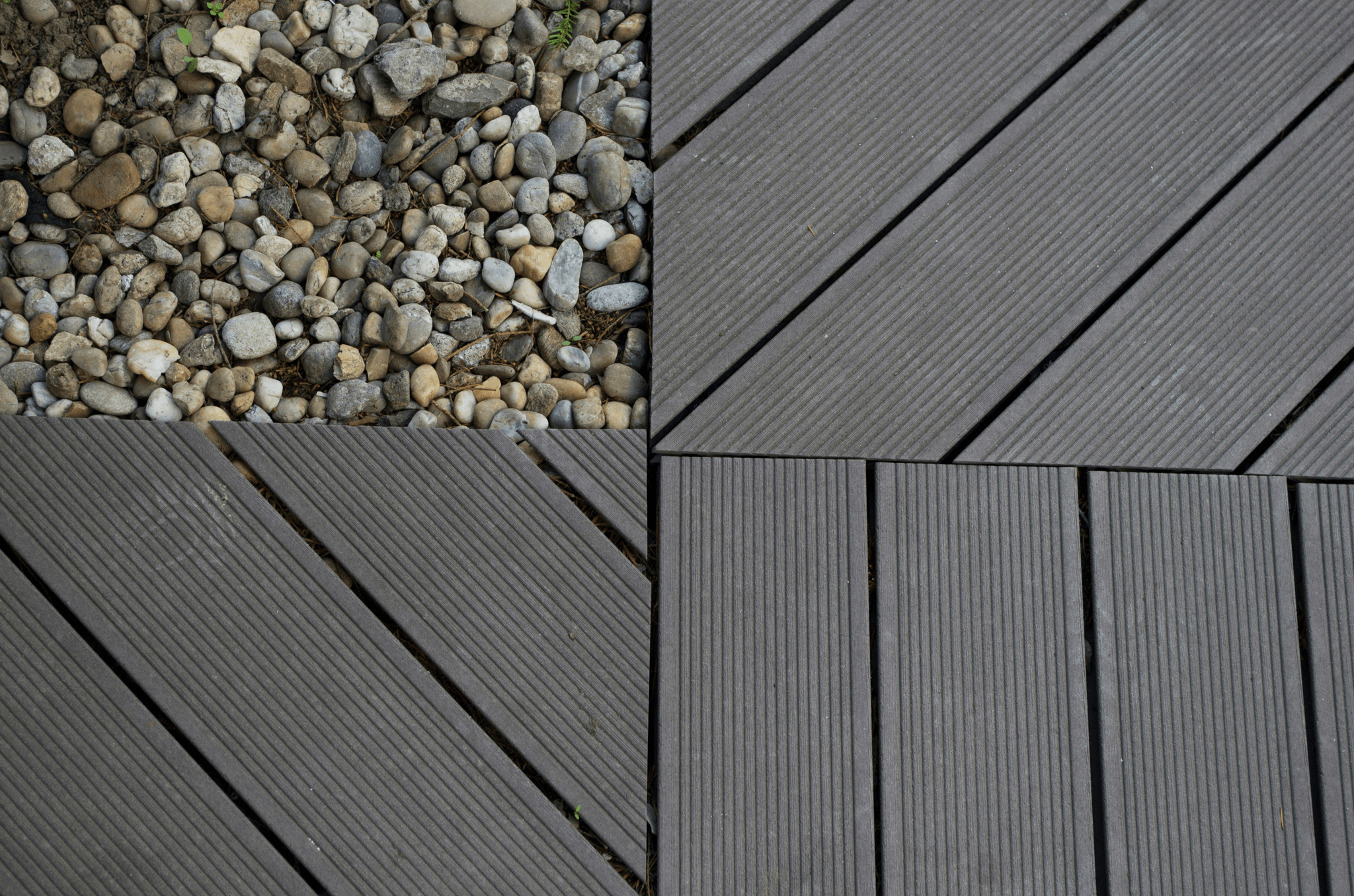
When it comes to the cost of decking, homeowners often find themselves navigating a maze of options and prices. The overall deck cost varies significantly based on the materials chosen, installation methods, and even geographical location. Understanding these factors can help you make informed choices that align with your budget and aesthetic preferences.
Average Prices for Different Materials
The average prices for different decking materials can vary widely, making it essential to do your homework. For instance, traditional wood decking typically ranges from $3 to $10 per square foot, while composite wood decking price often falls between $7 and $15 per square foot. If you're eyeing deck composite decking options, it's worth noting that while the upfront costs may be higher, they usually offer better durability and lower maintenance over time.
Decking Installation Costs Explained
Deck installation costs can also play a significant role in the overall cost of decking projects. On average, labor costs for installing a deck can range from $5 to $10 per square foot, depending on complexity and local wages. This means that when calculating your composite deck cost or any other material's total expense, you should factor in both material costs and labor fees to avoid unpleasant surprises.
Regional Variations in Decking Pricing
Regional variations in decking pricing can make a noticeable impact on your budget as well. In metropolitan areas or regions with high demand for outdoor living spaces, prices may soar due to increased competition among contractors and suppliers. Conversely, rural areas might offer more competitive rates but could have limited access to premium materials like composite decking boards price-wise; thus researching local pricing trends is crucial for an accurate estimate of your project's cost of composite deck boards.
The Rise of Composite Decking
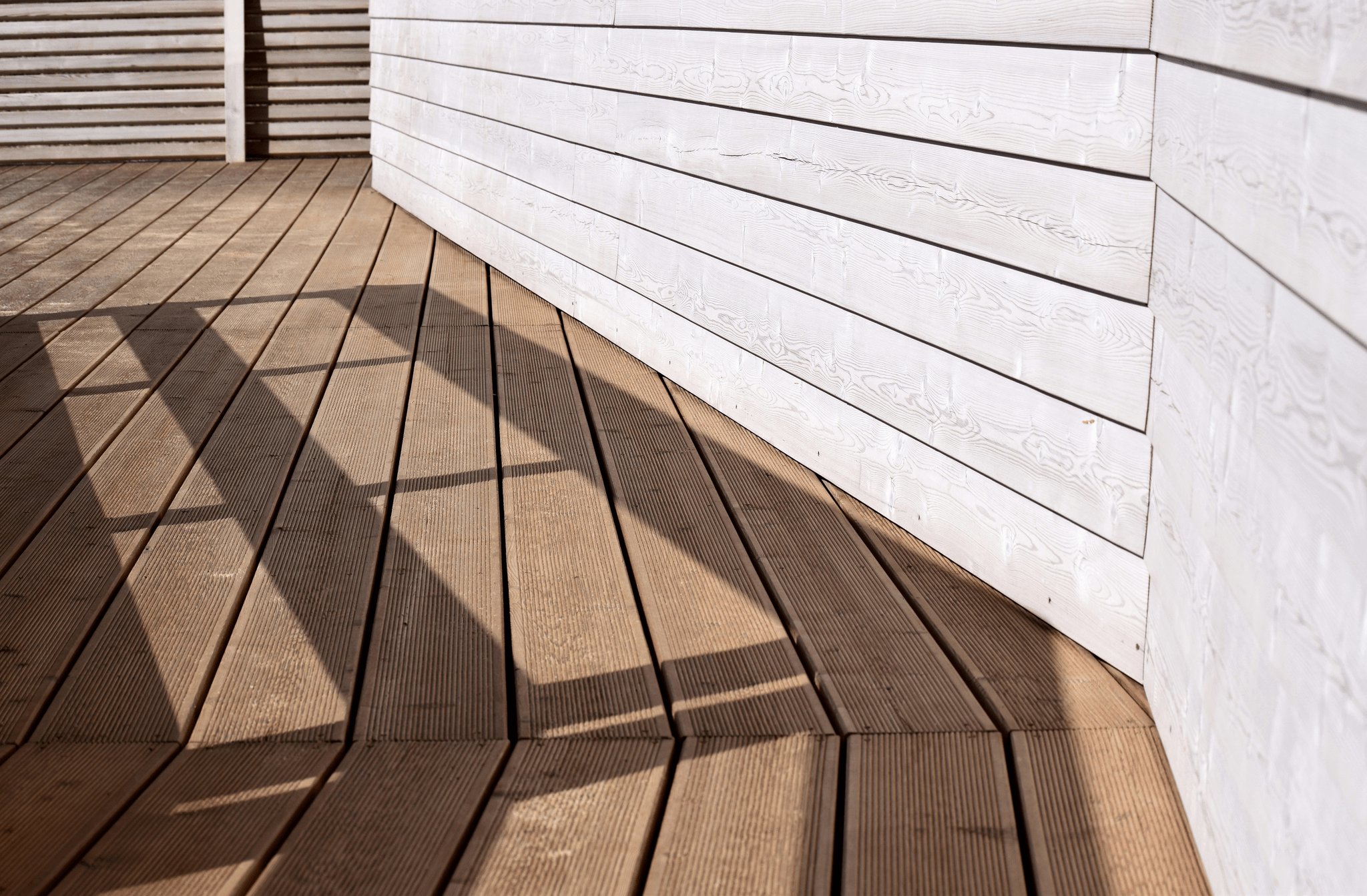
In recent years, composite decking has surged in popularity among homeowners seeking durable and low-maintenance outdoor solutions. Unlike traditional wood options, deck composite decking offers a blend of materials that provide exceptional resistance to the elements while maintaining an attractive appearance. As we explore the benefits of composite decking, you'll see why it’s becoming a favored choice for many.
Benefits of Composite Decking
One of the most significant advantages of composite decking is its longevity, which translates into a lower overall deck cost over time. Unlike wood that can warp or rot, composite materials are engineered to withstand harsh weather conditions without succumbing to deterioration. This durability means fewer repairs and replacements, leading to long-term savings on your composite wood decking price.
Another benefit is the minimal maintenance required for composite decks compared to traditional wood options. Homeowners can say goodbye to regular staining and sealing; a simple wash with soap and water will do the trick! This ease of upkeep not only saves time but also contributes to reducing the overall cost of decking in the long run.
Lastly, many manufacturers now offer eco-friendly options made from recycled materials, making it easier for environmentally-conscious consumers to choose sustainable products without sacrificing quality or aesthetics. So when considering your next outdoor renovation, remember that investing in composite decking could be both an eco-friendly choice and a smart financial decision.
Overview of Composite Decking Materials
Composite decking is primarily made from a combination of recycled wood fibers and plastic polymers, which create a highly durable product that mimics the look of natural wood without its downsides. The variety in composite materials allows homeowners to choose from different colors and textures that fit their personal style while keeping an eye on their budget with competitive pricing on composite deck boards. Understanding these material options can help you make informed decisions about your project’s overall cost.
When evaluating your choices, it's essential to note that there are various grades available within the realm of composite decking materials; higher-quality boards may come with increased costs but often provide better warranties and longer lifespans. This variance plays directly into your budget considerations as you calculate potential costs associated with installation versus long-term value—after all, no one wants hidden surprises when it comes time for maintenance or replacement!
Ultimately, selecting quality composite decking material is crucial not just for aesthetic appeal but also for ensuring you get the best return on investment when considering factors like durability and maintenance costs over time.
Composite Decking Inc: A Trusted Provider
When it comes to sourcing reliable products for your decking project, Composite Decking Inc stands out as a trusted provider in this niche market. They offer an extensive range of options at varying price points so you can find something that fits both your design vision and budget constraints regarding cost of composite deck boards. Their reputation for quality ensures you're investing in material that won’t just look good today but will stand up against wear-and-tear tomorrow.
Additionally, Composite Decking Inc provides valuable resources such as installation guides and customer support services designed specifically around maximizing your investment's potential—whether you're concerned about upfront costs or ongoing maintenance expenses associated with different types of composites available on their platform! This level of service helps demystify any lingering questions about what goes into calculating total deck costs effectively.
By choosing Composite Decking Inc as your supplier, you position yourself well within this growing trend toward innovative outdoor living spaces while ensuring peace-of-mind through solid warranties—making them an excellent choice for anyone looking at modernizing their home’s exterior!
Comparing Decking Materials
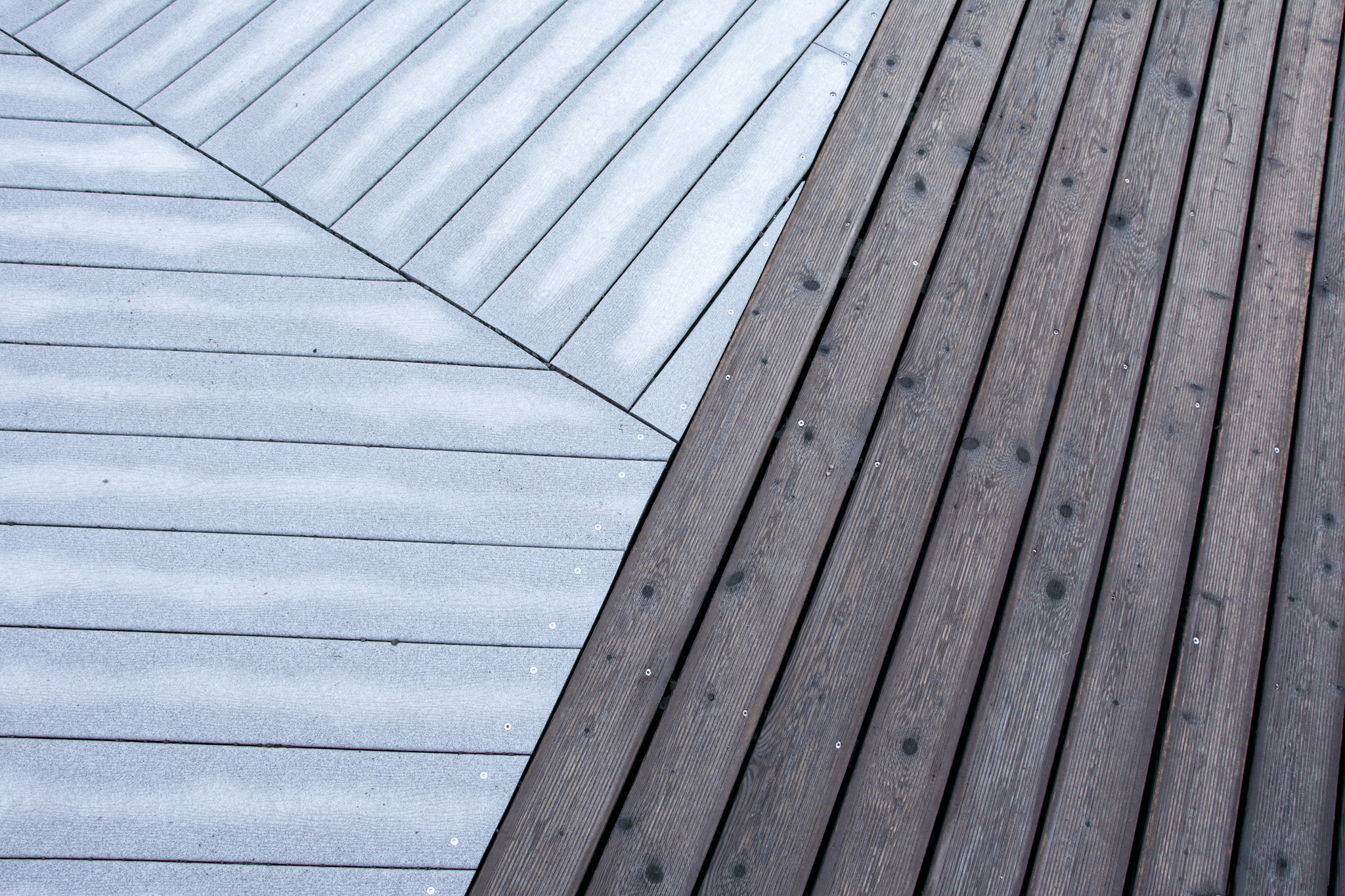
When it comes to choosing the right decking material, the decision often boils down to two primary contenders: traditional wood and modern composite decking. Each option has its own set of advantages and drawbacks that can significantly impact your overall deck cost. Understanding these differences is crucial for making an informed choice that fits your budget and lifestyle.
Wood vs Composite Decking Price Comparison
The cost of decking can vary wildly between wood and composite materials, making it essential to analyze both options carefully. Generally, the initial purchase price of wood is lower than that of composite decking boards price; however, this isn't the whole story. When factoring in long-term maintenance and replacement costs, many homeowners find that the cost of composite deck boards becomes more appealing over time.
For instance, while you might pay around $2 to $5 per square foot for basic treated lumber, composite wood decking price typically ranges from $3 to $12 per square foot depending on quality and brand. This price gap may initially deter some buyers, but when you consider how much less you'll spend on upkeep with a composite deck—think fewer repairs and no staining—the long-term savings start to shine through. Ultimately, it's about weighing upfront costs against future expenses to determine which option aligns best with your financial goals.
Lifespan and Maintenance Costs
One of the most compelling reasons homeowners are increasingly opting for composite decking is its impressive lifespan compared to traditional wood options. While a well-maintained wooden deck might last 10-15 years at best before requiring significant repairs or replacement, a quality composite deck can easily last 25 years or more with minimal maintenance required. This longevity translates into lower lifecycle costs when considering the overall cost of decking over time.
Maintenance also plays a crucial role in determining your overall deck cost; wooden decks require regular sealing, staining, or painting every few years—expenses that can add up quickly! In contrast, composite materials are designed to withstand weather conditions without warping or fading significantly; they typically only need an occasional wash with soap and water for upkeep. So while the initial investment in composite may be higher upfront due to its material costs—like those associated with high-quality composite decking material—it pays off by saving you both time and money in maintenance down the road.
Eco-friendliness of Different Options
In today's environmentally conscious world, many homeowners are also considering eco-friendliness as a deciding factor when comparing decking materials. Traditional wood decks often come from unsustainable logging practices which contribute negatively to deforestation—a concern not shared by many brands producing composite wood decking materials today. Most composites are made from recycled plastics and reclaimed wood fibers, reducing waste while providing a durable alternative that doesn’t sacrifice performance.
Moreover, investing in eco-friendly options like high-quality composites can sometimes even lead to tax incentives or rebates aimed at promoting sustainable home improvements—further lowering your effective cost of composite deck boards! By choosing greener alternatives for your outdoor space enhancement projects, you not only contribute positively toward environmental sustainability but also potentially reap financial benefits as well! With all these factors considered—from pricing dynamics through lifespan expectations—you'll be better equipped to make an informed choice regarding your next outdoor project.
Additional Costs to Consider
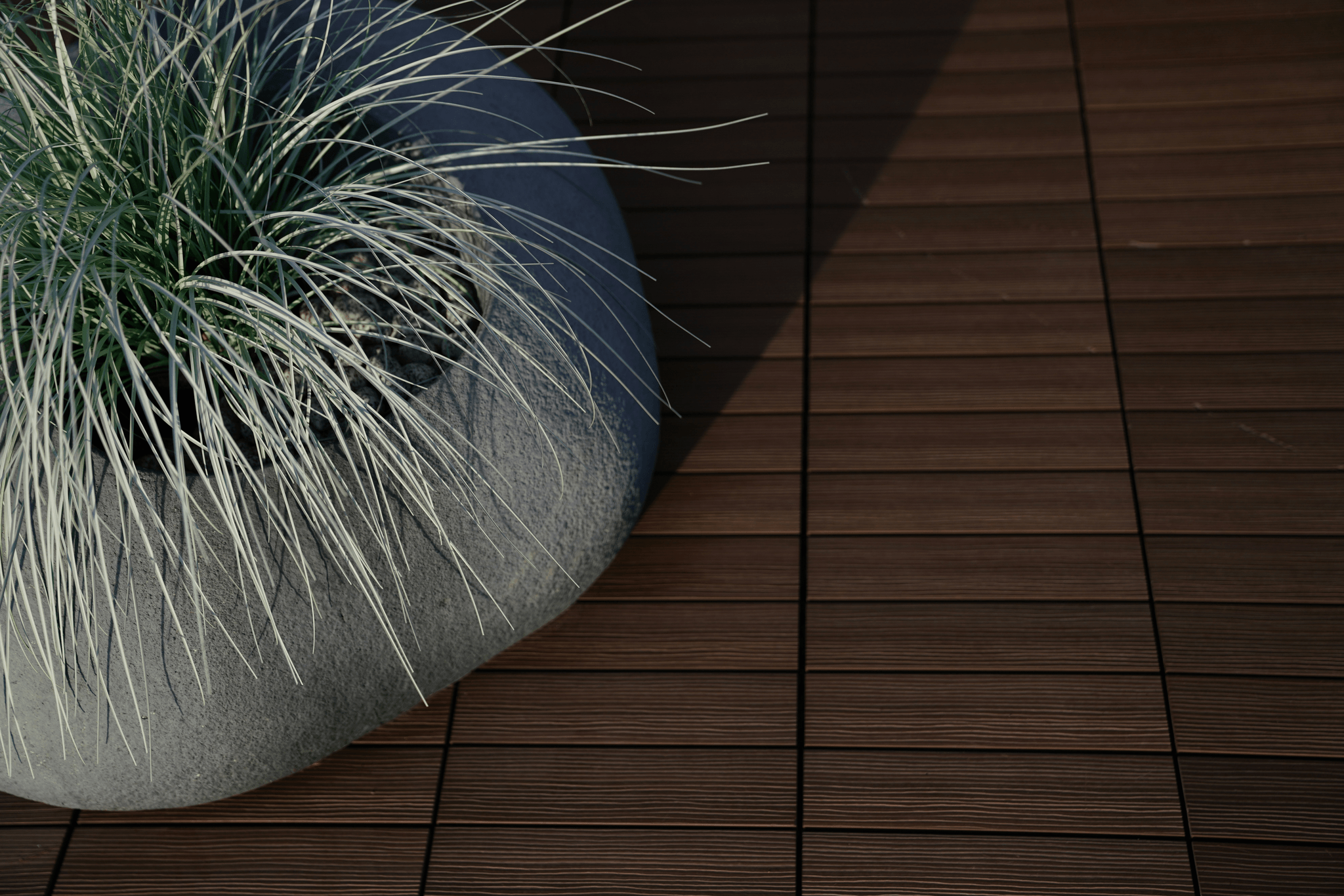
When planning your deck project, it's essential to factor in additional costs that can sneak up on you. Beyond the basic cost of decking materials and installation, there are various expenses that can significantly impact your overall budget. Being aware of these costs will help you avoid any unpleasant surprises and ensure a smooth decking experience.
Permit and Preparation Fees
Before you even think about laying down those composite decking boards, check if you'll need a permit for your project. Many local governments require permits for deck construction to ensure safety standards are met, which can add to the overall deck cost. Additionally, preparation fees may include site clearing or leveling, especially if you're working with uneven ground; these factors can contribute significantly to the composite decking material cost.
Hidden Costs in Decking Installation
Ah, hidden costs—the sneaky little gremlins of home improvement projects! When calculating the cost of composite deck boards, remember that installation can come with unexpected expenses like additional labor for complicated designs or extra materials for railings and stairs. It's wise to set aside a contingency budget (around 10-20%) just in case these hidden costs rear their ugly heads during installation.
Long-term Savings with Composite Options
While the upfront cost of composite wood decking may seem higher than traditional options, consider the long-term savings it offers. Composite decking is designed for durability and low maintenance—no need for regular staining or sealing as you would with wood! Over time, these savings on maintenance can make a significant difference in your overall investment when comparing composite deck cost versus traditional wood options.
Budgeting for Your Deck Project
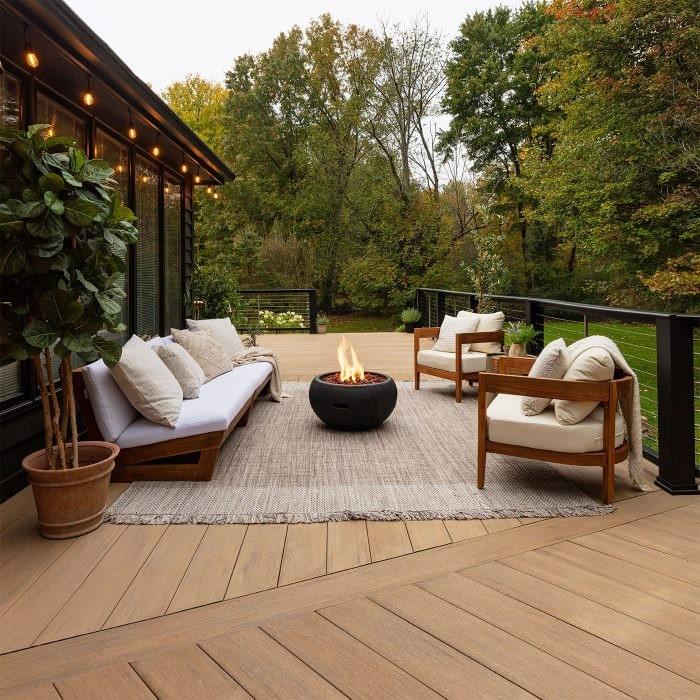
Budgeting for your deck project can feel like navigating a labyrinth, but with the right approach, you can ensure your investment pays off. Understanding the cost of decking is crucial, as it allows you to set realistic expectations and avoid any unwelcome surprises down the line. By breaking down costs into manageable components, you can create a budget that aligns with your vision while keeping financial stress at bay.
Crafting a Realistic Deck Cost Estimate
To craft a realistic deck cost estimate, start by assessing the size of your desired deck and the materials you wish to use. The cost of composite deck boards tends to be higher than traditional wood options; however, their durability often justifies the initial investment. When calculating your total expenses, don’t forget to include labor costs, as professional installation can significantly influence your overall budget.
In addition to material prices like composite wood decking price and installation fees, consider factors such as permits or site preparation that could impact the final cost of decking. Researching local pricing trends will give you a clearer picture of what to expect in terms of composite decking material cost in your area. By taking all these elements into account, you'll be well-equipped to estimate an accurate budget for your decking project.
Financing Options for Decking Projects
If you're feeling overwhelmed by upfront costs associated with decking projects, financing options are available that can help ease the burden. Many homeowners opt for personal loans or home equity lines of credit (HELOC) specifically designed for home improvement projects like adding a new deck. These financing solutions allow you to spread out payments over time while enjoying your beautiful outdoor space sooner rather than later.
Additionally, some suppliers offer financing plans tailored for purchasing composite decking materials directly from them. This means you could secure favorable terms while also getting access to high-quality products like composite deck boards at competitive prices. Always read through financing agreements carefully and calculate how much interest you'll be paying in addition to the initial costs before committing.
Cost-Effective Decking Solutions
Finding cost-effective decking solutions doesn’t mean compromising on quality or aesthetics; it’s all about smart choices! Consider opting for composite decking instead of traditional wood—while there’s an upfront investment associated with composite materials, their long lifespan and low maintenance requirements make them more economical over time compared to wood alternatives. This shift could drastically lower both immediate and long-term expenses related to upkeep.
Another way to save money is by being strategic about design; simpler shapes often require less material and labor than intricate layouts while still providing ample outdoor enjoyment space! Additionally, look out for seasonal sales or discounts on composite wood decking price from reputable suppliers—timing can play a significant role in reducing overall project costs without sacrificing quality or style.
Conclusion
In wrapping up our exploration of decking options, it’s clear that making informed decisions can significantly impact your outdoor space. The cost of decking varies widely, influenced by material choices and regional pricing. By understanding the nuances of each option, you can select the best fit for your budget and lifestyle.
Making Informed Decking Choices
When considering the cost of composite deck boards versus traditional wood options, it's essential to weigh both immediate expenses and long-term benefits. While the initial deck cost may seem higher for composite materials, their durability often leads to reduced maintenance and replacement costs over time. This understanding empowers homeowners to make choices that align with their financial goals while enhancing their living spaces.
Long-Term Benefits of Composite Decking
Investing in composite wood decking is not just about aesthetics; it’s also about practicality and sustainability. The composite decking material cost tends to balance out over time due to its longevity and minimal upkeep requirements compared to natural wood alternatives. Homeowners can enjoy peace of mind knowing they’ve chosen a durable option that contributes positively to the environment while avoiding frequent repairs or replacements.
Enhancing Your Outdoor Space with Decking
Ultimately, enhancing your outdoor space with decking is about creating a welcoming environment for relaxation and entertainment. Whether you opt for traditional wood or explore the rising trend of composite decking, thoughtful planning will ensure you maximize both functionality and style within your budget constraints. Remember, a well-chosen deck not only adds beauty but also increases property value—making it a smart investment in your home.
